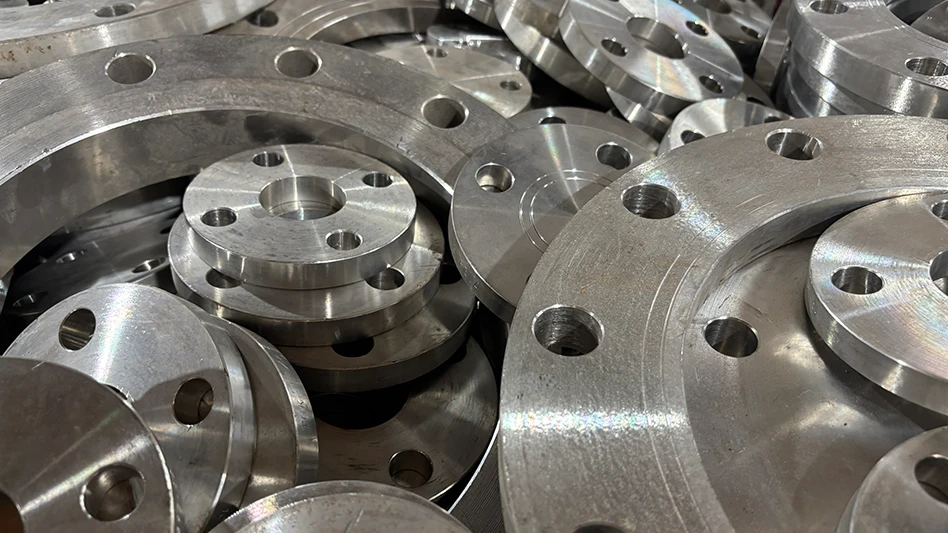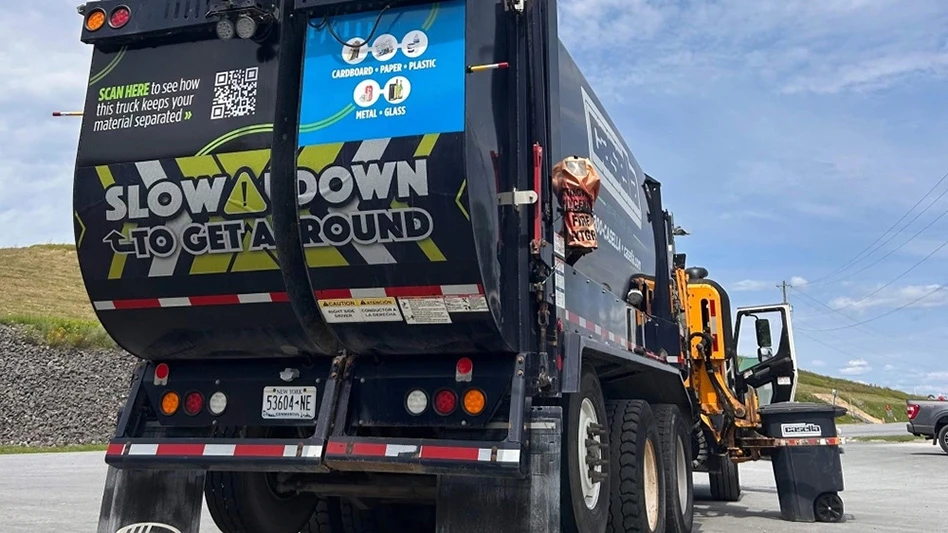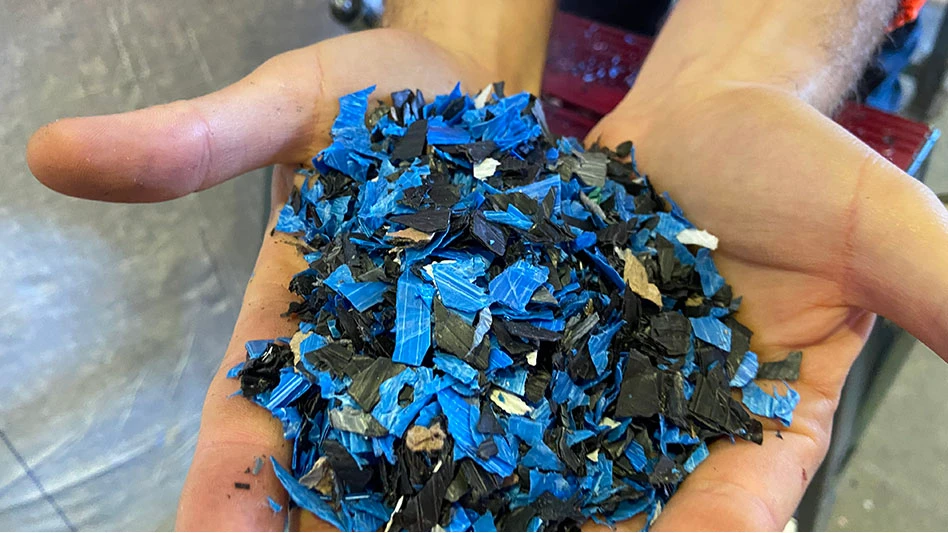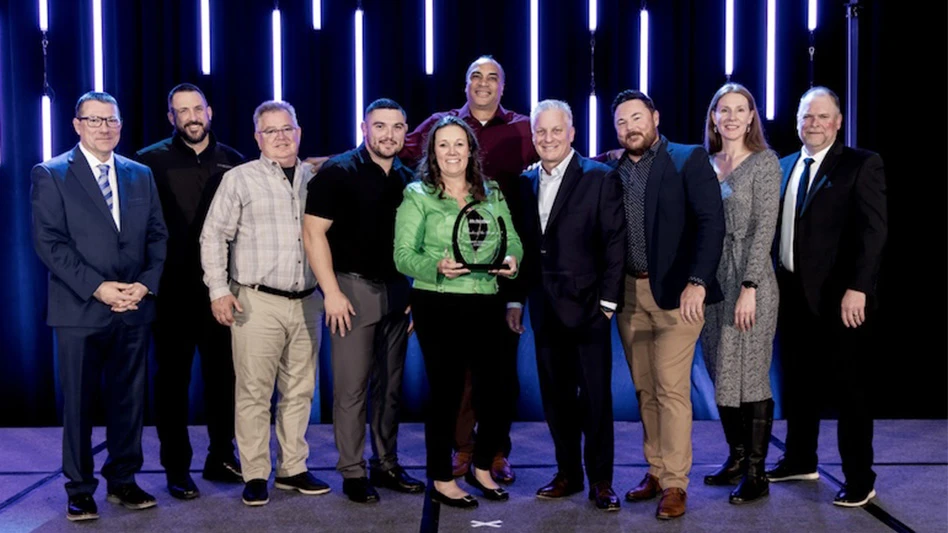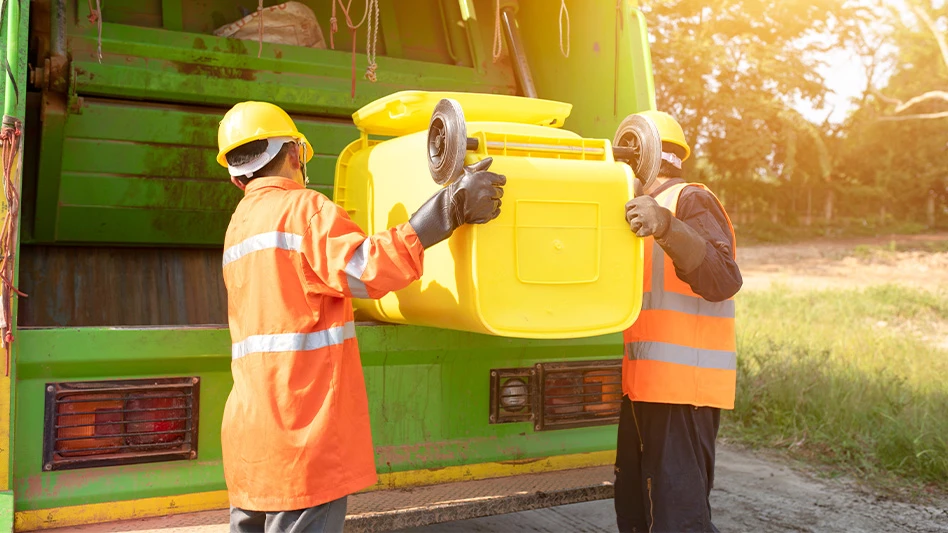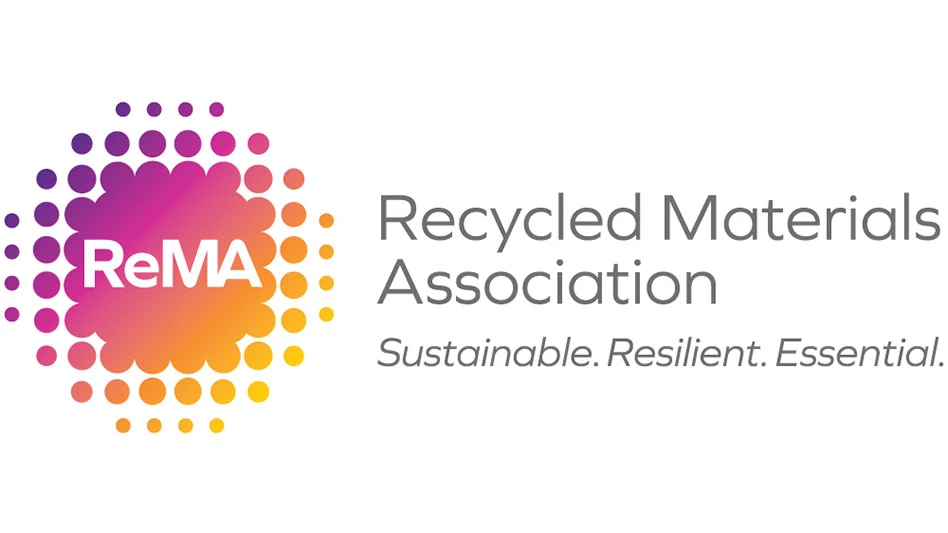
Portland, Maine-based Ecomaine says it is partnering with towns and cities in southern Maine to answer questions, inspect collected materials and provide education and outreach in an effort to reduce the presence of unwanted materials, or contaminants, in recycling bins.
States the regional recycling organization, “With more people working and living at home and 40 to 50 percent of everyday materials depending on recyclables as feedstock, residential recycling programs have been revealed as essential over the past year. But contamination – items placed incorrectly in the recycling bin – can degrade the quality and quantity of these important materials.”
Ecomaine says it has hired staff to tour recycling and trash collection routes in 2021 in areas of communities in southern Maine where data indicates levels of higher contamination. Interns will review residents’ bins and provide educational feedback on recycling properly. The program will continue across Ecomaine’s member communities throughout the year.
During interns’ inspections, they will issue green tags for good recyclables within, yellow tags for loads that have a handful of items that are not recyclable, and red tags for loads with too much contamination or trash. The bins with red tags are considered overly contaminated and increase costs for the municipality. Therefore, they will not be picked up by the collection company. The tags will identify item(s) that do not belong in the recycling cart.
“We have seen some really significant results in behavior change due to this program,” says Ecomaine Chair Mike Shaw, who also is a public works director in Scarborough, Maine. “It makes for an environment that’s easier for our residents to recycle right and keep recyclable materials out of landfills.”
Ecomaine says when it tried the program in the second half of 2020, “significant gains were made in reducing contamination from impacted loads of recyclables – in one case, reducing the contamination rate from higher than 80% percent down to 25 percent.”
Comments Erik Street, public works director in Yarmouth, Maine, and Ecomaine’s vice chair, “It’s important for Mainers to know what is and what isn’t recyclable – it has a direct cost to municipal budgets that are already stretched as it is. Keeping recycling clean helps to keep all our costs lower.”
Latest from Recycling Today
- Vermeer announces plan to build new facility in Des Moines metro area
- PureCycle, Toppan partner on packaging containing PCR
- LKQ to focus on simplification, productivity in uncertain demand environment
- Supreme Court strikes down IEEPA tariffs
- Redwood expands San Francisco R&D footprint
- Constellium posts record Q4 adjusted EBITDA
- QCC torches include customizable features
- Umicore finishes 2025 with increased earnings
